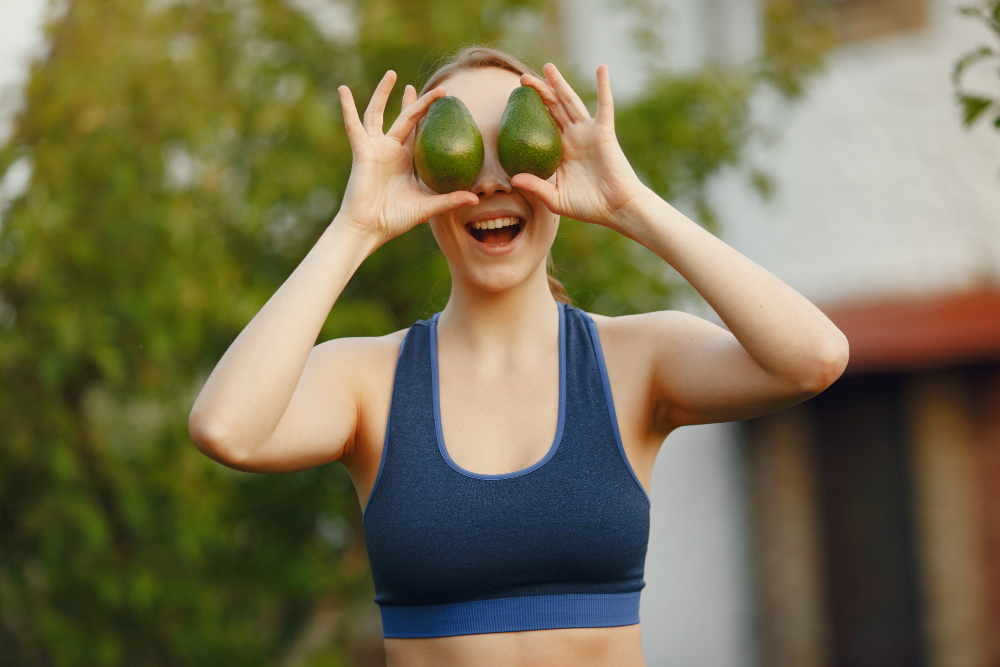Understanding Vegan Athleticism
Transitioning to a vegan diet as an athlete can seem daunting, but many have navigated this change successfully, achieving excellent health and performance outcomes. Vegan athletes often report increased energy levels, faster recovery times, and improved overall health. The key is understanding how to properly fuel the body within the constraints of a vegan diet.
Nutrition Tips for Vegan Athletes
Optimizing Protein Intake
- Diverse Protein Sources: Incorporate a variety of protein sources like lentils, chickpeas, tofu, tempeh, and quinoa to cover all essential amino acids.
- Protein Timing: Spread protein intake throughout the day, especially after workouts, to aid muscle repair and growth.
Ensuring Adequate Caloric Intake
- High-Energy Foods: Vegan diets can be less calorie-dense. Focus on nutrient-rich, high-calorie foods such as nuts, seeds, avocados, and coconut products.
- Frequent Meals: Eat regularly throughout the day to meet energy needs, particularly important during high-intensity training phases.
Balancing Micronutrients
- Iron and Zinc: Plant sources include legumes, seeds, and fortified foods. Consider supplementation if levels are low, as plant-based iron and zinc are less bioavailable.
- Vitamin B12 and D: Essential for energy and overall health, these vitamins are typically supplemented in vegan diets to ensure adequate levels.
Training Strategies for Vegan Athletes
Adaptation Period
- Gradual Transition: Allow your body to adapt to a new diet without compromising training intensity. Start with incorporating vegan meals a few days a week.
- Monitor Performance: Keep an eye on training outcomes to tweak your diet and training as needed.
Hydration and Electrolytes
- Electrolyte Balance: Sodium, potassium, and magnesium are crucial, especially for endurance athletes. Natural sources include bananas, raisins, spinach, and avocado, or consider an electrolyte supplement.
Recovery Techniques
Enhanced Recovery Through Diet
- Anti-inflammatory Foods: Incorporate turmeric, ginger, cherries, and berries to reduce inflammation and speed up recovery.
- Adequate Rest and Sleep: Prioritize rest days and aim for 7-9 hours of sleep per night to maximize recovery processes.
Success Stories
Drawing inspiration from successful vegan athletes can provide motivation and proof that high-level performance is achievable on a plant-based diet. Athletes like Venus Williams, Lewis Hamilton, and Scott Jurek have demonstrated that with the right approach, vegan athletes can compete at the highest levels in their respective sports.
Conclusion
Adopting a vegan lifestyle as an athlete requires careful planning and attention to dietary details. However, with the right approach, it is possible to thrive and perform at peak levels. The experiences and tips shared by vegan athletes can serve as a valuable guide for anyone looking to make the switch without sacrificing their athletic goals.

